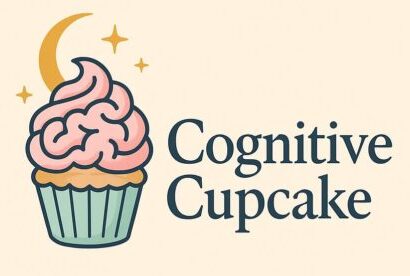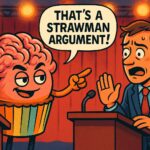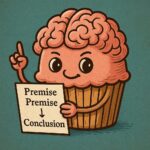
Our brains are wired to learn via rewards. Dopaminergic neurons signal when outcomes exceed—or fall short of—our expectations, reinforcing the beliefs that anticipated those outcomes. Unfortunately, this same mechanism that lets us learn new skills also cements misguided convictions. Here, we explore the neuroscience of reward‐based belief formation, introduce thought experiments to illuminate these dynamics in action, and offer a practical toolkit for “rewiring” unhelpful belief loops.
Dopamine as Belief Reinforcer
The Brain’s “Gotcha” Signal
Midbrain dopamine neurons fire in proportion to the reward prediction error (RPE)—the gap between expected and actual outcomes. When you’re surprised by a positive outcome, dopamine spikes; when things go worse than expected, firing dips below baseline. Over time, these phasic signals “teach” the cortex and basal ganglia which stimuli or actions to approach or avoid.[1]
Wolfram Schultz and colleagues first demonstrated this in primates: dopaminergic firing tracked unexpected juice rewards, then shifted to cues predicting those rewards, exactly as predicted by reinforcement‐learning models.[1] In human terms, every time you “win” an argument—your prediction about reality gets confirmed—your brain celebrates with a little dopamine hit, reinforcing the neural pathways underlying that belief.
Belief as Addiction
Just as drugs hijack reward circuits, so do beliefs that repeatedly “pay off.” A study examining decision‐making under uncertainty found that individuals exhibit a form of confirmation bias precisely because dopamine-driven RPEs favor outcomes that align with prior expectations.[2] In effect, our brains become “addicted” to the feeling of being right, chasing the same neurochemical high even in the face of contrary evidence.
Thought Experiments: Watching Your Brain Chase Dopamine
The Echo‐Chamber Casino. Imagine a slot machine that pays out more often when you place bets consistent with your “favorite theory” (e.g., that a particular stock will rise). Debate opponents cost you credits, but agreeing voices earn you bonus spins. You’d rapidly flock to the theory that fills your pockets, regardless of its truth—mirroring social‑media echo chambers where “likes” and “shares” function as tangible rewards, cementing beliefs via dopaminergic reinforcement.
Dopamine Fasting Retreat. For one week, abstain from news, social media, and even casual debates. At the end, test two statements—one you previously believed, one you doubted—by submitting them for peer review. With your reward system on “low,” you’ll feel less bias toward either belief, making you more open to genuinely evaluating contradictory evidence.
Practical Toolkit: Rewiring Reward Loops
Reward Diversification. Deliberately seek out activities that trigger dopamine outside intellectual victories—e.g., learning a new musical riff, cooking a challenging recipe, or engaging in moderate exercise. By broadening your reward portfolio, you reduce your brain’s over‑reliance on “being right” as its primary dopamine source.
Prediction‑Error Journaling. After each strong conviction (political, personal, or professional), record: (a) your original prediction, (b) the outcome, and (c) any “prediction error.” Rate your surprise on a 1–10 scale. Consciously attending to RPEs reactivates the brain’s natural “error alarm,” making you less likely to unconsciously mute disconfirming signals.
Structured “Dopamine Fasts.” Schedule daily 30-minute windows free of debate‑triggering media—news, forums, social apps. Use this time for mindfulness or non‑judgmental observation of thoughts. Brief “fasts” lower baseline dopamine from argumentative wins, helping you approach beliefs more neutrally when you return.
Devil’s‑Advocate Pairing. Partner with a friend or colleague who challenges your core beliefs. Commit to a 10-minute exchange where each presents one argument for the other’s position. Introducing controlled, low‑stakes prediction errors trains your brain to process disconfirming evidence as non‑threatening, attenuating defensive dopamine responses.
Conclusion
Dopamine doesn’t care whether a belief is true—only whether it’s rewarded. By understanding how reward prediction errors underwrite belief formation, we can design interventions that diversify our brain’s “dopamine diet” and amplify the internal alarms that shout, “Hey, you were wrong!” With these tools and thought experiments, you can begin to dismantle rigid convictions and cultivate a more flexible, evidence‑responsive mind.
References
- Schultz, W. (1997). Dopamine neurons and prediction error. Neuropharmacology, 36(4-5), 269–277.
- Sharot, T., & Sunstein, C. R. (2020). Confirmatory bias and belief formation. Journal of Neuroscience Psychology and Economics, 13(3), 123–132.
Disclaimer: This article was generated with AI.








